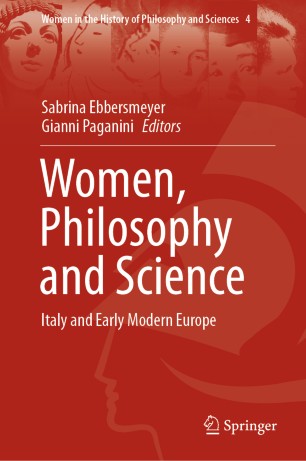

Most ebook files are in PDF format, so you can easily read them using various software such as Foxit Reader or directly on the Google Chrome browser.
Some ebook files are released by publishers in other formats such as .awz, .mobi, .epub, .fb2, etc. You may need to install specific software to read these formats on mobile/PC, such as Calibre.
Please read the tutorial at this link: https://ebookbell.com/faq
We offer FREE conversion to the popular formats you request; however, this may take some time. Therefore, right after payment, please email us, and we will try to provide the service as quickly as possible.
For some exceptional file formats or broken links (if any), please refrain from opening any disputes. Instead, email us first, and we will try to assist within a maximum of 6 hours.
EbookBell Team

4.0
16 reviewsThis book sheds light on the originality and historical significance of women’s philosophical, moral, political and scientific ideas in Italy and early modern Europe. Divided into three sections, it starts by discussing the women philosophers’ engagement with the classical inheritance with regard to the works of Moderata Fonte, Tullia d'Aragona and Anne Conway. The next section examines the relationship between women philosophers and the new philosophy of nature, focusing on the connections between female thought and the new seventeenth- and eighteenth-century science, and discussing the work of Camilla Erculiani, Margherita Sarocchi, Margaret Cavendish, Mariangela Ardinghelli, Teresa Ciceri, Candida Lena Perpenti, and Alessandro Volta. The final section presents male philosophers’ perspectives on the role of women, discussing the place of women in the work of Giordano Bruno, Poulain de la Barre and the theories of Hobbes and Rawls. By exploring these women philosophers, writers and translators, the book offers a re-examination of the early modern thinking of and about women in Italy.